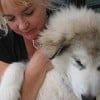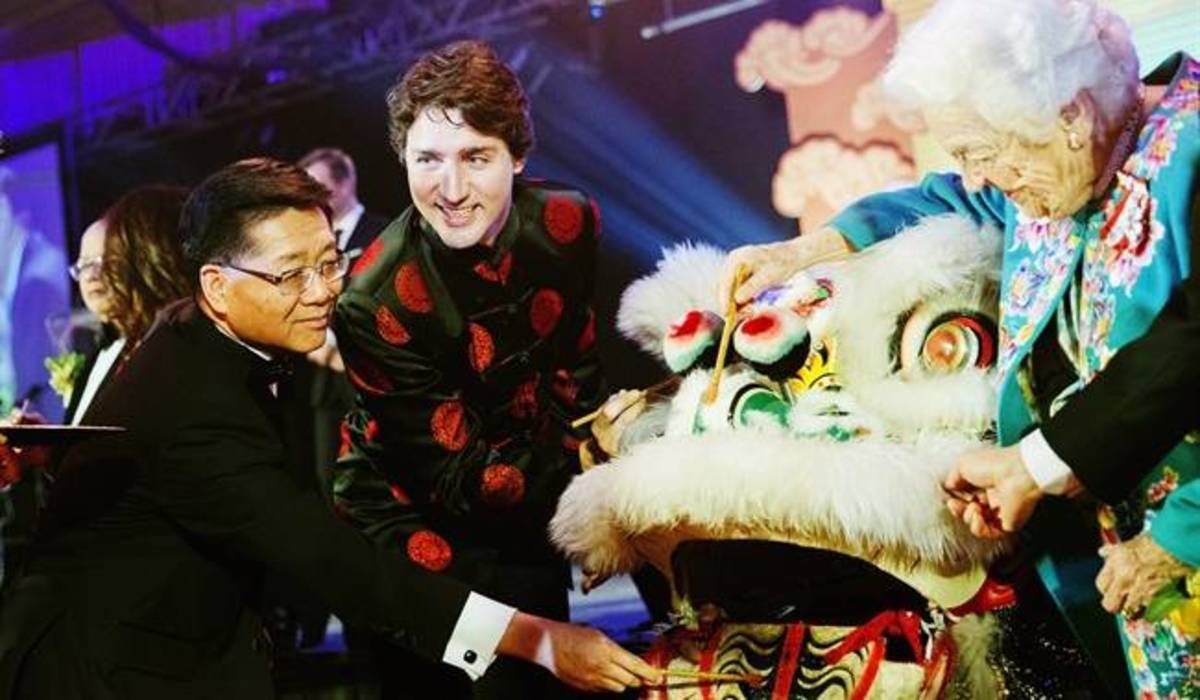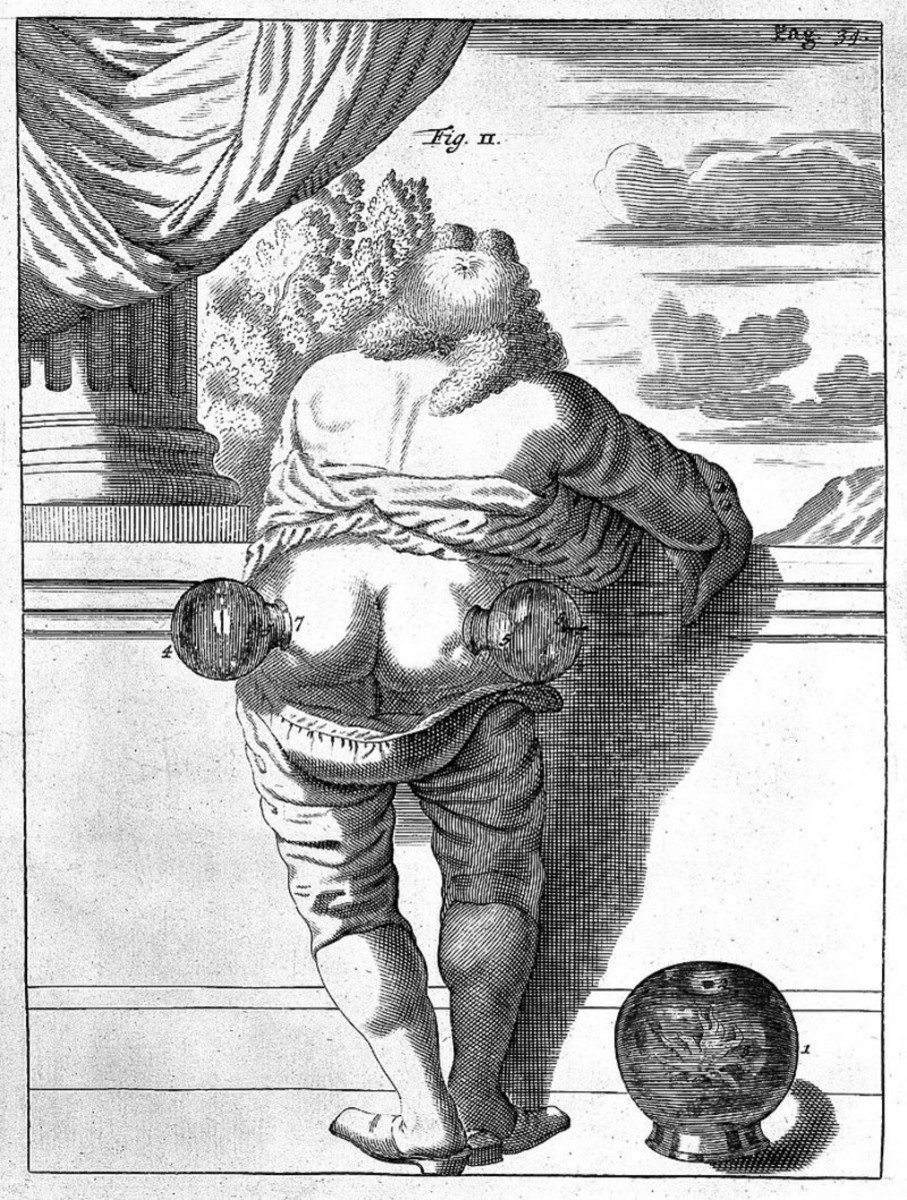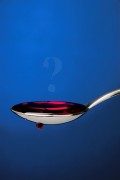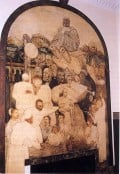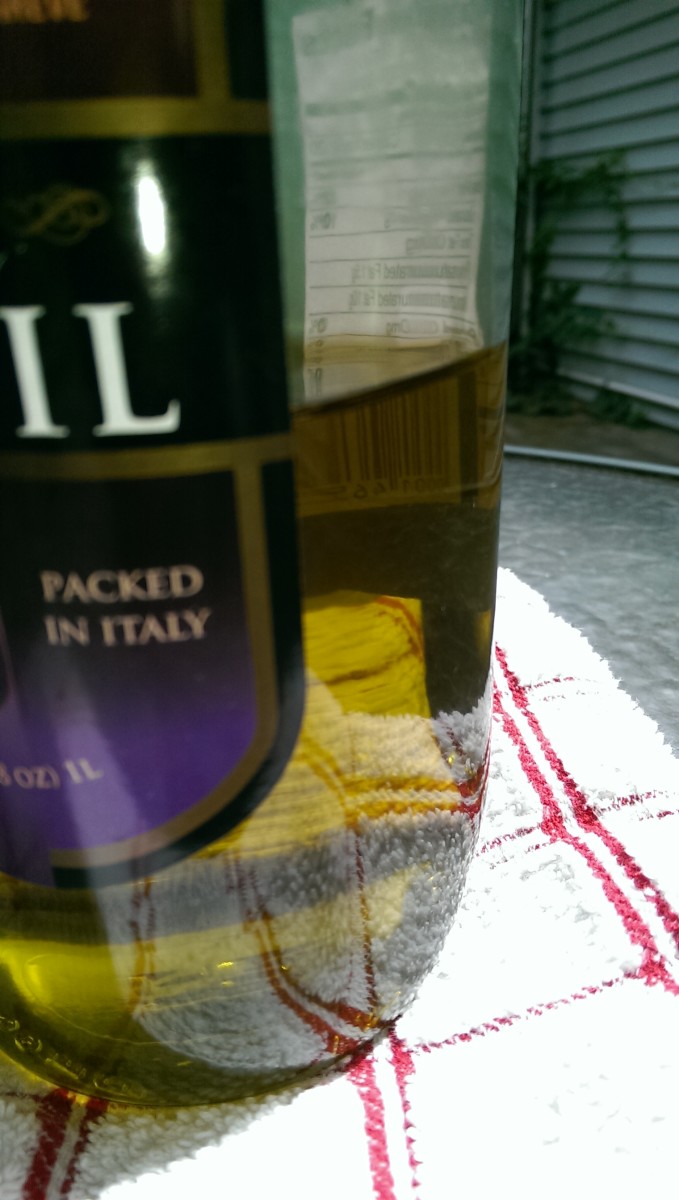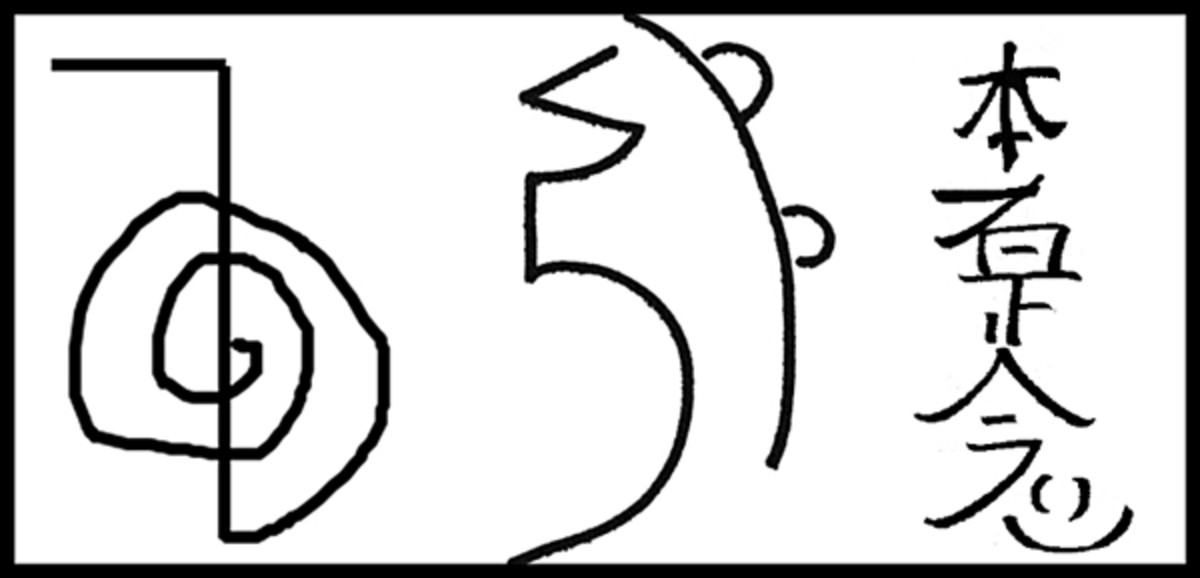What Is Traditional Chinese Medicine?
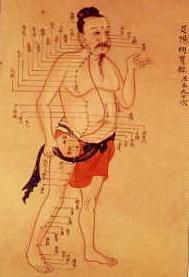
What is Traditional Chinese Medicine?
Traditional Chinese Medicine has been around for 2000 to 3000 years and is gaining more and more steam worldwide. However, arguably from the old school promoters of TCM (Traditional Chinese Medicine), it has become somewhat westernized and they favor the ‘old ways’ that are still practiced in China today. However you choose to look at TCM, it is an interesting concept and quite remarkably different from Western Medicine although it can be used as an adjunct to Western Medicine with positive results.
TCM encompasses many and various philosophies and to cover them all in a few pages would be impossible. However, Traditional Chinese Medicine relies heavily on a system of harmony among all parts of the patient's body and how that person also interacts and relates to the environment around him or her. This style of medicine does not look at disease as an entity – it rather looks at the disharmony in the patient’s body that has caused this result called disease.
Yin and Yang
Much of TCM is based on the theory of yin and yang. This basically comes down to this - for everything there is an opposite. There is dark/there is light. There is peace/there is chaos. There is cold/there is hot. There is movement/there is stillness. I term it a pro and a con kind of idea. The theory is not that either the yin or the yang must dominate one or the other to have a positive or negative effect – the theory is that the yin and the yang must be in harmony to promote good health and thus vitality and spiritual peace. When the yin and the yang cohabit the person’s body in harmony, this promotes Qi (or Chi – pronounced chee) and this is what heals what is wrong inside the body through meridians or energy channels.
While Western Medicine traditionally treats the disease, again, TCM treats the individual as a whole. The theory is that the disease or symptoms originated somehow in one of the organs and that this should be the focus of treatment which will in turn cure the disease or symptoms. For instance, in the case of the diabetic, they do not look to the pancreas as the culprit or the inability of the body to process sugar. Whereas Western Medicine believes that diabetes can only be treated by injecting the body with insulin, TCM believes that the symptoms are the result of the lungs not distributing enough liquid to the body and the necessary treatment is to send more moisture to the lungs – never isolating the pancreas as the focus for treatment.
There are many diagnosed ailments in the US today that are not discernible by any tests per se of if there are tests for them, they usually are 'inconclusive'. These maladies are generally labeled as ‘functional’ disorders, which means to most folks ‘it’s all in your head' - or you can’t deal with something, so your body takes over and creates a problem. While this can be true on some levels, I think it is an indicator of an over-medicated society. Western Medicine does not seem to have too much trouble prescribing all kinds of medicines though to treat these ‘functional’ disorders! However, that really does not address what is causing the problem.
For instance – take fibromyalgia. There really are no concrete tests to diagnose this truly perplexing problem which affects at least 2% of the population, mostly women. Most diagnosticians finally just label it as such and prescribe antidepressants, changes in diet, pain medicine, or other drugs which are of questionable benefit to the patient.
In terms of TCM, fibromyalgia is classified as a spleen and heart imbalance. They believe that one of the prominent symptoms of the disorder is insomnia, which then begins to break down the body and begins to cause problems with other body systems resulting in the myriad of symptoms associated with fibromyalgia - also called Chronic Fatigue Syndrome. I have read very few success stories with fibromyalgia and most of my experience in doing medical reports about it has centered around drugs being thrown at the disease to treat it. Sometimes, psychotherapy and other venues are suggested, but overall, I think perhaps Traditional Chinese Medicine just might have a chance at having a more positive outcome!
Irritable Bowel Syndrome (IBS) is also another dilemma here in the US – it is estimated that 10-20% of the population suffer from this problem, often referred to as spastic colon – usually attributed to a person’s nervousness. It doesn’t seem to matter that it can cover a wide variety of abdominal symptoms that cause havoc for its sufferers to include but not limited to bloating, diarrhea, constipation, pain, nausea, etc. It is a rather broadly labeled disease by the time you factor in how many different symptom complexes this diagnosis encompasses, as well as the fact that on any given day someone can have one set of symptoms while on another a second set! Dietary recommendations are usually made, which in some cases may help it simply by reducing triggers but there really is not a concrete diagnostic test to label this disease either, nor a cure. However, again, pharmaceuticals are high on the list of treatment options and our country routinely treats this symptom complex with antispasmodics and/or pain pills or both.
In Traditional Chinese Medicine, IBS is caused by liver/spleen disharmony and they believe it is about bringing this disharmony into harmony to get the person to a cured state. They accomplish this usually through a combination of analysis of the yin and yang states, herbal medicine remedies, and acupuncture. They claim to have great success with this treatment.
There is at least 10% of the population in the US thought to be suffering from depression. That could be higher with all the woes that seem to be upon us these days. The rate of expenditure for prescription antidepressant drugs is staggering and I almost wonder in terms of doing medical reports who ISN’T taking antidepressants these days. It is a huge business and although there are wide-ranging causative factors, I always find myself wondering why is this so prevalent? Why are some of these so-called functional disorders so much more prevalent now when they were say 25 years ago? I believe in part it is due to our culture but in most part, I believe it is due to treating symptoms rather than looking for the cure to the original problem.
TCM believes that depression is the result of chest problems, while Western Medicine embraces the idea that it is due to abnormal brain chemistry. Traditional Chinese Medicine treats depression with such simple things as laughing, crying, push-ups, yoga, massage, and exercise which they find can cure these dysfunctions and put the patient back into a healthy state of well-being.
Albeit, Traditional Chinese Medicine does believe in the use of herbs as well, but mostly the herbs are aimed at rectifying body organ systems that are out of synch rather than masking pain, covering symptom complexes, and ignoring the problem that won’t go away no matter what method is tried. Additionally, in the case of these so-called functional disorders, usually the patient's medication list continues to grow over time rather than lessen. I have to believe it is because the problem has never been solved but instead, more medication is needed to try to squelch the symptoms - or counteract another medication.
- Classical Chinese Medicine vs. Traditional Chinese M...
Traditional Chinese medicine, or TCM, was essentially developed as a response to a rather recent agenda undertaken in China to reform the medical system as it was, and integrate traditional healing... - Traditional Chinese Medicine Philosophy
A Chinese herbal medical practitioner begins his diagnosis of a patient from the first moment they meet. Diagnosis of a patients illness is made in four steps:1. Observing: The patients skin tone,... - Chinese medicine treatment of liver cancer
Chinese medicine treatment of liver cancer while a long history, but made rapid progress in the true sense of the word is a matter for nearly half a century. 50's treatment of the 20th century thinking... - Stay Safe From The H1N1 Mexican Swine Flu: Tradition...
Traditional Chinese Medicine (TCM) categorizes the internal organs into various different categories. The five solid or Zang organs are considered the most important from a functional standpoint. The Zang... - Tips from traditional Chinese medicine to live a hea...
A large part of longevity is dependent upon genetics. If your family members lived for a long time, chances are you will too. But, a proper life style and habits may improve your health and lead to a happier... - The Science of Chinese Medicine
Chinese medicine is one of the most popular and oldest herbal medicine techniques in the world. In fact, it is older than any of us could ever imagine. The tradition of Chinese medicine dates back to the... - Addressing GERD, IBS, GI issues with Chinese medicin...
From a Chinese medicine perspective, gastrointestinal problems such as GERD, Irritable Bowel Syndrome, and general queasiness need to be addressed in two ways: eating habits, and food choices. Eating habits... - Traditional Chinese Medicine Schools
I would like to say a few words in this hub about acupuncture schools and the science of acupuncture generally. Those who are seeking more alternative views on different types of treatments might find something interesting here.
Traditional Chinese Medicine is focused on FUNCTION of the body as a whole rather than on ANATOMY as is Western Medicine. TCM believes that you cannot really treat a patient without treating the whole body and restoring it to a harmonious state – with itself and with the world around it. In many ways, that does make sense.
Even in terms of the common cold, the Chinese seem to have a better way of looking at this annoying entity that hits almost all of us every year. Rather than waiting until the population has a cold and is spreading it amongst each other over and over, they regularly ‘dose’ the population, especially at-risk populations such as kids in school, medical personnel, etc., with certain teas and herbs before the flu season hits and through it - consequently, they remain healthier and disease free.
TCM combines acupuncture, acupressure, massage, herbal remedies and an overall view of the patient in general to ward off disease and keep the patient happy and healthy. They do not look at the body systems the way that Western Medicine does but instead look at the overall interaction and role that each part of the body plays with respect to the others. They believe in the 5 visceral organs (elements) and through these, all things interact and change the patient’s health for good or bad. That is the yin and yang theory of organs. In order for the person to have good Qi, the yin and the yang must be aligned and working together to produce good health and good spirits.
The 5-Element Theory of Traditional Chinese Medicine – the yin and the yang of each element – they must work in harmony with each other in order to promote health
Wood Liver paired with the gallbladder
Fire Heart paired with the small intestine
Earth Spleen paired with the stomach
Metal Lung paired with the large intestine
Water Kidney paired with the bladder
SUMMING IT UP
This is a very brief overview of Traditional Chinese Medicine as it is very complicated, encompassing many philosophies and techniques. However, it does appear to have some merit as an alternative form of medicine in that many modern day hospitals in the US are now adopting some of these techniques (such as acupressure and acupuncture) and incorporating them into treating patients as they can attest to the viability of the treatment in the fight against disease.
If one thing is clearest of all from studying this particular philosophy of medicine, it would be that a patient is not merely made up of one part or organ and thus treating a disease symptom complex as such might not be the best approach. Perhaps it is a wiser philosophy to treat the whole of the person and strive to bring all organ systems into some kind of harmony to thus reduce disease and intensify the health and spirit of the individual afflicted.
